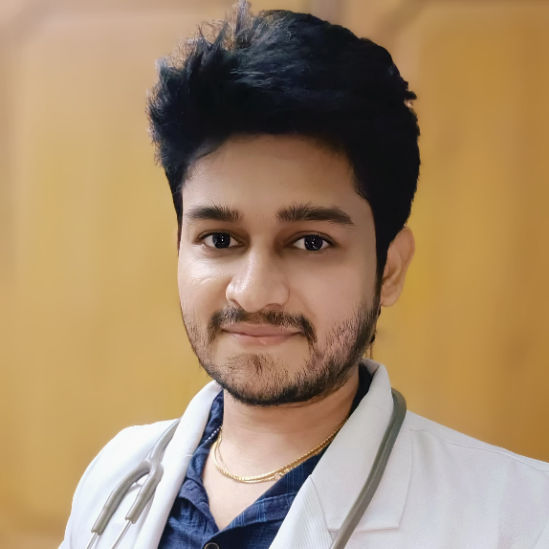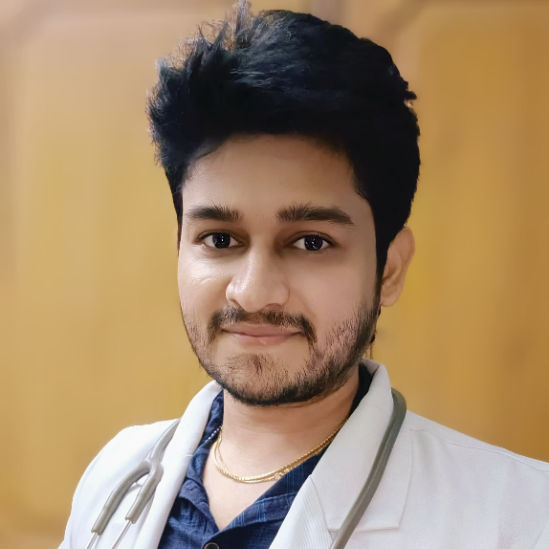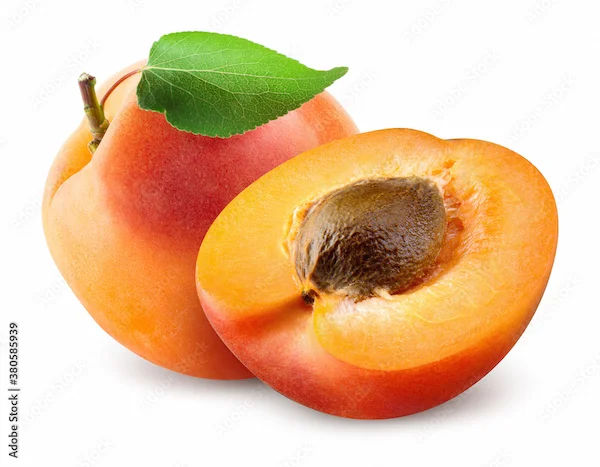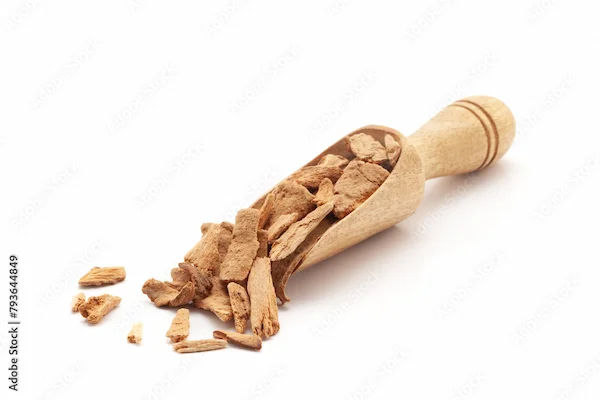Understanding High Blood Pressure in Young People
Discover why high blood pressure is becoming more common in young people, what symptoms to watch for, and how to prevent and manage it with lifestyle changes.

Written by Dr. J T Hema Pratima
Reviewed by Dr. Shaik Abdul Kalam MD (Physician)
Last updated on 28th Jul, 2025

Introduction
High blood pressure, or hypertension, is often thought of as a problem that only affects older adults. However, in recent years, more and more young people are being diagnosed with this condition. If left untreated, high blood pressure can lead to serious health problems like heart disease, stroke, and kidney damage. The good news is that with awareness and lifestyle changes, it can often be managed effectively.
What is High Blood Pressure?
Blood pressure is the force of blood pushing against the walls of your arteries as your heart pumps. When this pressure stays too high for too long, it’s called hypertension. Blood pressure is measured in two numbers:
Systolic pressure (top number): The pressure when your heart beats.
Diastolic pressure (bottom number): The pressure when your heart rests between beats.
A normal blood pressure reading is around 120/80 mmHg. If your readings consistently show 130/80 mmHg or higher, you may have high blood pressure.
Why Are More Young People Developing High Blood Pressure?
Several factors contribute to rising cases of hypertension in young adults:
1. Unhealthy Diet: Eating too much processed food, salt, and sugary drinks can increase blood pressure.
2. Lack of Exercise: A sedentary lifestyle weakens the heart and blood vessels.
3. Obesity: Excess weight puts extra strain on the heart.
4. Stress: Chronic stress can raise blood pressure over time.
5. Smoking & Alcohol: Both can damage blood vessels and increase pressure.
6. Family History: Genetics can play a role in early-onset hypertension.
7. Sleep Problems: Conditions like sleep apnea can contribute to high blood pressure.
Symptoms of High Blood Pressure
One of the scariest things about hypertension is that it often has no obvious symptoms, which is why it’s called the "silent killer." Some people may experience:
Headaches
Dizziness
Blurred vision
Shortness of breath
Chest pain (in severe cases)
Since symptoms are rare, regular blood pressure checks are crucial, especially if you have risk factors.
How Does High Blood Pressure Affect Health?
If untreated, high blood pressure can cause:
Heart Disease: Damaged arteries can lead to heart attacks.
Stroke: High pressure can cause blood vessels in the brain to burst or clog.
Kidney Damage: Hypertension can harm kidney function over time.
Vision Problems: It may damage blood vessels in the eyes.
Memory Issues: Long-term high blood pressure is linked to dementia.
How to Manage and Prevent High Blood Pressure
The good news is that lifestyle changes can make a big difference:
1. Eat a Heart-Healthy Diet
Reduce salt intake (avoid processed foods, pickles, chips).
Eat more fruits, vegetables, whole grains, and lean proteins.
Try the DASH diet (Dietary Approaches to Stop Hypertension), which focuses on lowering blood pressure naturally.
Consult Top Specialists for Personalised Tips
2. Stay Active
Aim for 30 minutes of exercise (walking, jogging, swimming) most days.
Even small changes like taking the stairs help!
3. Maintain a Healthy Weight
Losing even 5-10% of body weight can lower blood pressure.
4. Limit Alcohol and Quit Smoking
Smoking damages blood vessels, and excessive alcohol raises blood pressure.
5. Manage Stress
Practice relaxation techniques like deep breathing, yoga, or meditation.
Get enough sleep (7-9 hours per night).
6. Monitor Your Blood Pressure Regularly
If you’re at risk, check your blood pressure at home or visit a doctor regularly.
When to See a Doctor
If you’re under 40 and have high blood pressure, don’t ignore it! Consult a doctor if:
Your readings are consistently high (130/80 or above).
You have symptoms like headaches, dizziness, or chest pain.
You have a family history of hypertension or heart disease.
Doctors may recommend lifestyle changes or, in some cases, medication to control blood pressure.
Conclusion
High blood pressure in young people is preventable and manageable with the right steps. By making healthy choices today, you can protect your heart for years to come.
If you’re concerned about your blood pressure, Apollo 24|7 makes it easy to book a consultation or schedule a test from the comfort of your home. Early detection and treatment can save lives; don’t wait until it’s too late!
Consult Top Specialists
Consult Top Specialists for Personalised Tips

Dr. Rohinipriyanka Reddy
General Practitioner
9 Years • MBBS
Hyderabad
Apollo 24|7 Clinic, Hyderabad

Dr. M L Ezhilarasan
General Practitioner
6 Years • MBBS
Visakhapatnam
Apollo 24|7 Clinic - Andhra Pradesh, Visakhapatnam

Dr. D Bhanu Prakash
General Practitioner
10 Years • MBBS, AFIH, Advanced certificate in critical care medicine, Fellowship in critical care medicine
Hyderabad
Apollo 24|7 Clinic, Hyderabad

Dr. Shaik Abdul Kalam
General Practitioner
3 Years • MD (Physician)
Visakhapatnam
Apollo 24|7 Clinic - Andhra Pradesh, Visakhapatnam
(100+ Patients)

Dr. J T Hema Pratima
General Practitioner
9 Years • MBBS
Chennai
Apollo 24|7 Clinic - Tamilnadu, Chennai
(250+ Patients)
Consult Top Specialists

Dr. Rohinipriyanka Reddy
General Practitioner
9 Years • MBBS
Hyderabad
Apollo 24|7 Clinic, Hyderabad

Dr. M L Ezhilarasan
General Practitioner
6 Years • MBBS
Visakhapatnam
Apollo 24|7 Clinic - Andhra Pradesh, Visakhapatnam

Dr. D Bhanu Prakash
General Practitioner
10 Years • MBBS, AFIH, Advanced certificate in critical care medicine, Fellowship in critical care medicine
Hyderabad
Apollo 24|7 Clinic, Hyderabad

Dr. Shaik Abdul Kalam
General Practitioner
3 Years • MD (Physician)
Visakhapatnam
Apollo 24|7 Clinic - Andhra Pradesh, Visakhapatnam
(100+ Patients)

Dr. J T Hema Pratima
General Practitioner
9 Years • MBBS
Chennai
Apollo 24|7 Clinic - Tamilnadu, Chennai
(250+ Patients)




